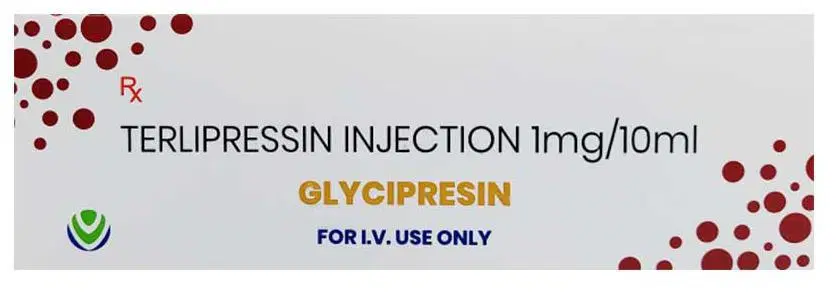Terlipressin
Terlipressin is a synthetic analogue of vasopressin, a naturally occurring hormone produced by the pituitary gland. It is used in the treatment of variceal bleeding, a complication of portal hypertension commonly seen in patients with cirrhosis.
Portal hypertension occurs when there is an increased resistance to blood flow in the portal vein, the vessel that carries blood from the intestines to the liver. This can lead to the formation of abnormal, dilated blood vessels known as varices, particularly in the esophagus and stomach. When these varices rupture, they can cause life-threatening bleeding.
Terlipressin works by constricting the blood vessels, which helps to reduce the blood flow through the portal vein and thereby decrease the pressure in the portal system. This can prevent variceal bleeding from occurring and promote the healing of existing varices. Additionally, Terlipressin helps to increase blood flow to the kidneys by constricting the blood vessels in the splanchnic area, which can be particularly beneficial for patients with cirrhosis-associated renal dysfunction.
In clinical practice, Terlipressin is typically administered as an intravenous infusion. It is usually given in combination with other medications, such as octreotide, to achieve optimal efficacy. The use of Terlipressin should be guided by a healthcare professional experienced in managing portal hypertension and its complications.

Showing 1–12 of 37 results
Showing 1–12 of 37 results





